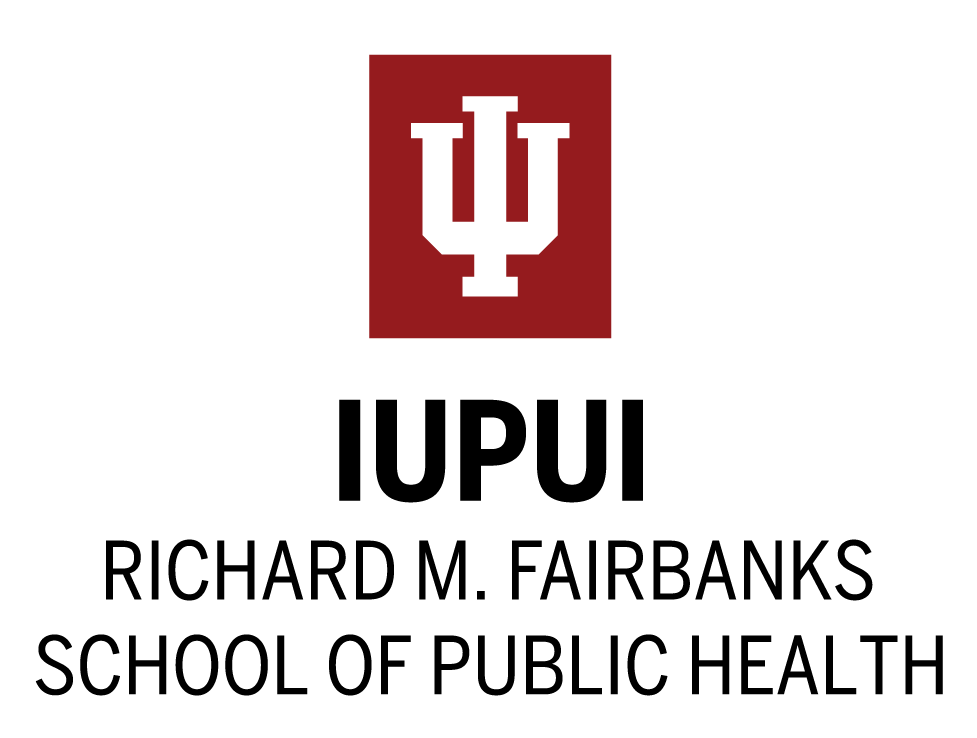The IU Richard M. Fairbanks School of Public Health at IUPUI has achieved a global milestone: becoming the first US school of public health to receive full accreditation from the Agency for Public Health Education Accreditation (APHEA), an independent, international accrediting body based in Europe.
“As home to the first school of public health in the United States with international APHEA accreditation, IUPUI continues to strengthen our reputation as a global leader in education and research,” said Nasser H. Paydar, chancellor of IUPUI. “This honor highlights our ongoing commitment to preparing our students to succeed as global citizens and supporting students who join us from around the world.”
IUPUI and the Fairbanks School of Public Health are committed to bringing together people from different background and cultures to enrich the education and research environments.
“APHEA accreditation is a significant step in elevating the level of global opportunities we offer our students, staff and faculty,” said Dr. Paul Halverson, founding dean and professor at the Fairbanks School of Public Health. “Dr. Sue Babich has worked tirelessly to establish the school as a global health leader. She has developed a robust portfolio of global partnerships and activities that set us apart.”
The accreditation process was led by Associate Dean for Education Dr. Carole Kacius and Associate Dean for Global Health Dr. Sue Babich. The Fairbanks School of Public Health fulfilled a curriculum validation and performed a self-evaluation before participating in a site visit. All seven criteria were met, including 38 sub-criteria.
APHEA accreditation status is valid for six years.
"Accreditation by APHEA is very important to us. It underscores our deep commitment to international peer review and improvement of public health education around the world," said Babich.
The review committee noted the school’s commitment to community practice and stakeholder engagement. It recognized the school’s key role in developing the overall global agenda of the university through global activity, collaboration and networking.
Two key standards include a review of the academic programs; and student recruitment, enrollment and support. Kacius said: “Achieving APHEA accreditation was the culmination of collaborative assessment and planning among our faculty, staff, students, alumni and practice partners. As a result of this process, we will strengthen our international programming by extending access to international experiences.”
APHEA represents the leading associations of public health in the European Region and is committed to assuring and improving the quality of educational activities throughout the European Region and the globe.


